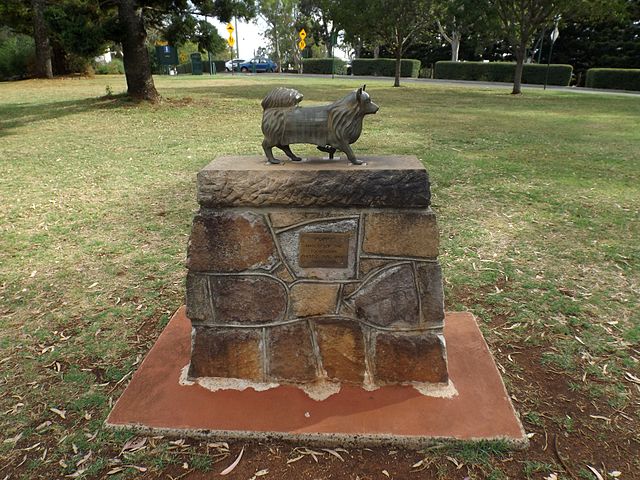As I prepare for my third year at IAAHPC, the veterinary hospice conference, I've taken pause to reflect on this journey and how it affects the way I view veterinary medicine. Personally, I have only euthanized a personal pet in a clinic (versus at home) one time.
It was Nuke, my vet school coonhound, and he was diagnosed with hemangiosarcoma just a month after I graduated and came back home. The veterinarian was lovely and did as great a job as one can do in that situation, but so many memories still stick in my head:
-They asked me to come in at the end of the day, ostensibly to make it easier for me. It meant I had to wait all day and then sit, sobbing, in rush hour traffic. It wasn't what I preferred, but I was too tired and sad to realize I should have asked for what I needed.
-They took him in the back to place a catheter. I get it, I did the same thing throughout my entire clinic career. It's definitely easier for the staff. I would have preferred to be with him the whole time. After doing it by myself in people's homes with no backup- yes, it is perfectly possible.
-After I left, they took his body and placed it in a black garbage bag in the freezer until the aftercare place arrives on their weekly rounds. I know, because we all do this. Every clinic I have worked at does it this way. It is just the way it is done.
But does it have to be?

I know that the answer is no. I know that there are options out there that so many people want, so many ways we can better respect the dignity of our patients and clients before and after death, and we owe it to you all to let you know they are possible. Veterinarians have many reasons for not offering them, and they are not invalid concerns:
- They are more expensive
- They take more time to organize
- Most people do not want them
While many if not most clients are fine with the process the way it is, it hurts me to no end to know that so many people are still unaware of the myriad additional options out there to help your pet at end of life and to ease your pain as a family through the process. You may have to advocate for yourself, prepare, and find these options on your own- trust me, after having to advocate for my mother to get into hospice when it wasn't offered as an option, this is kind of a universal problem.

To that end, I'd like to share with you my End of Life Bill of Rights- the things that you as an owner have a right to ask for and, after having worked with so many like minded colleagues now for several years- I can tell you that someone out there is equipped to provide you with:
The Right to Refuse Treatment. If your pet is suffering from a terminal disease, you have the right to say no to chemo, or surgery, or radiation. I believe in my heart that most veterinarians out there support clients in that, but there seems to be a lost-in-translation moment where so many owners feel pressured into heroic measures they were not prepared to take, emotionally or financially. This does not mean I am advocating to neglect an ill pet in suffering- quite the contrary, I am advocating for aggressive and patient focused comfort care.
The Right to Pursue Treatment. On the flip side, if you want to take your pet to the best of the best and do everything in the book possible to change things, it's your call, not ours. We can offer you guidance and advice, but our job is to help you make an informed decision about realistic outcomes.
The Right to Have Your Family Involved. Unfortunately, some veterinarians still actively discourage families from having children present during euthanasia in the clinic. The emotion makes them uncomfortable and is disruptive. It is a clinic-focused way of thinking that is not focused on family needs. This is a once in a lifetime transition, and you need to do what you need to do. Many clients do not want their children present, which is fine- especially for kids under 5 who don't understand what is happening- but it should be your choice. What your children see and hear- or don't see- will live with them forever. If you don't know how to approach the conversation- there are many, many professionals who do, and they have excellent resources to help.
The Right to Impeccably Respectful Aftercare. Most people don't want to know what we do with a pet's body afterwards. If they ask, I would tell them, and assure them we are as respectful as we can be. I believe in transparency. Nonetheless it is a disturbing image to many, myself included. If we can't be honest without feeling like there's a need to cushion the blow, why not change it? Especially when it's such an easy thing to do?
More recently I have worked with a local business that doesn't use bags or hold pets onsite; pets are wrapped in a clean white sheet and transported directly to the crematory facility, with the family knowing that the position their pet was last placed in is how they will remain. Yes, it costs more. And yes, many people are happy to pay it for that peace of mind. Some clients of mine transport their pet directly to an aftercare facility themselves, or have a trusted friend do it, because that chain of custody is important to them. These are all valid options.
The Right to Die at Home. The first time I went to a hospice conference, it changed everything for me. We can do so much better by our clients. In-home hospice and euthanasia veterinarians are changing the landscape of the profession, and providers exist all over the world. We are trained to offer not only medical support, but we are able to direct your family to the compassionate emotional support you may need, through chaplains, grief counselors, and support groups. We can offer palliative care options when medical treatment is discontinued- as in humans, we have a wide array of comfort care support that goes far beyond a pain pill here and there that can ease the discomfort of end of life.
And when the time comes, you will be at home, in a safe place, with those around you that you need. I bring blankets, candles, music- things that might not be practical in a busy clinic but, in a time of grief, provide small but vital bits of calm through all the senses. For those who experience euthanasia in a clinic, you also have the right to take the time you need, to make the environment what you need it to be for you. It matters. Your bond matters, too.
With love, Dr. V



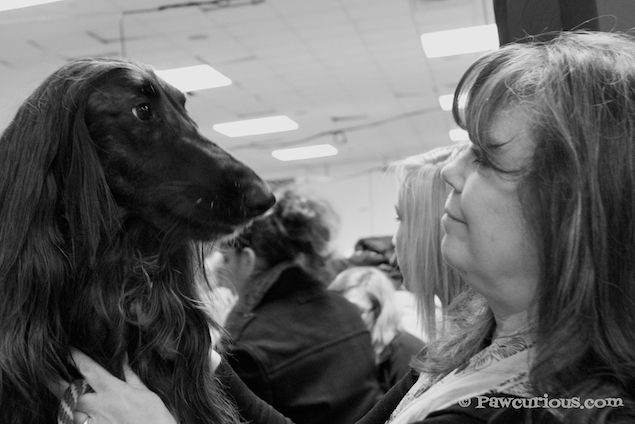
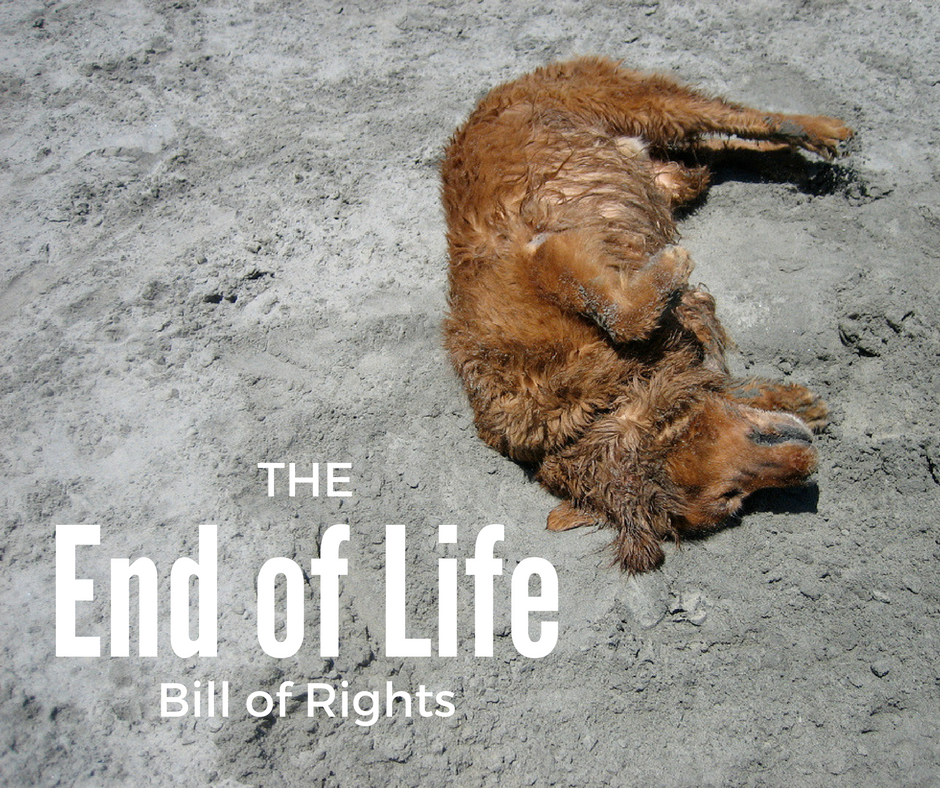













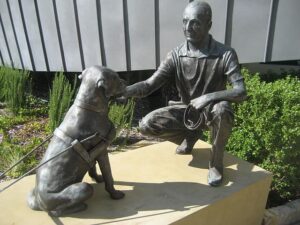
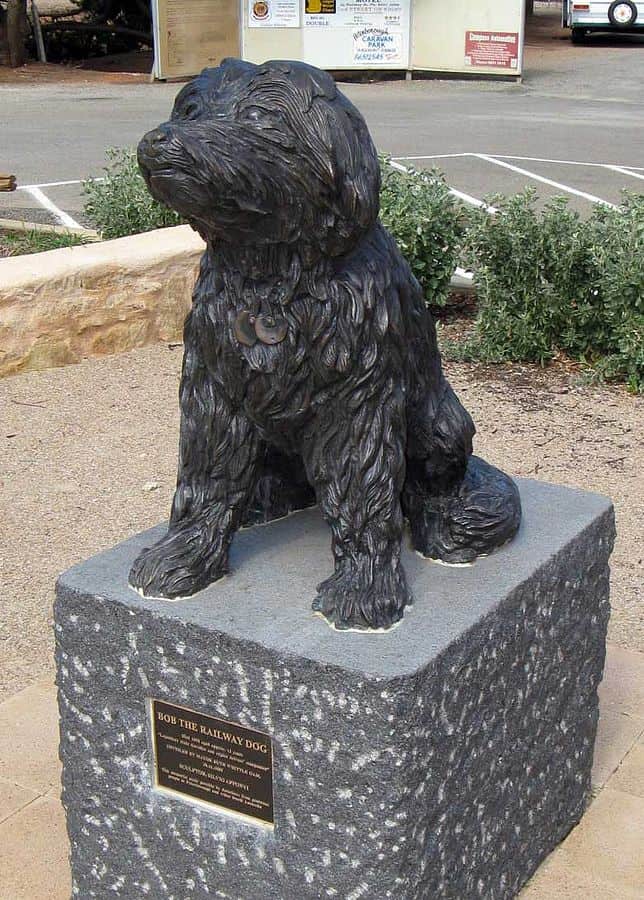
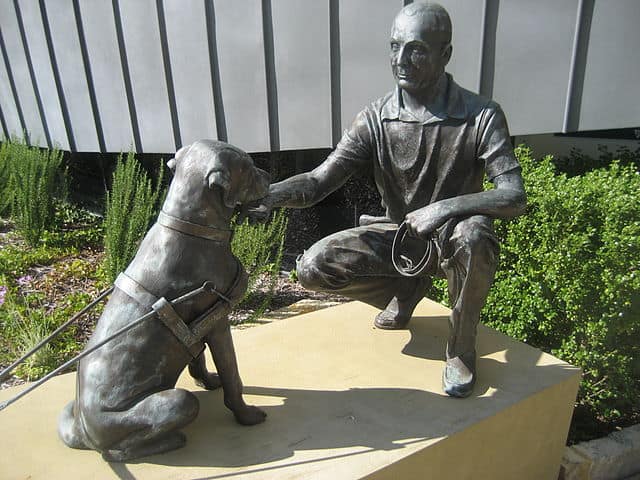

 " class="wp-smiley" style="height: 1em; max-height: 1em;" />GILLIE AND MARC
" class="wp-smiley" style="height: 1em; max-height: 1em;" />GILLIE AND MARC